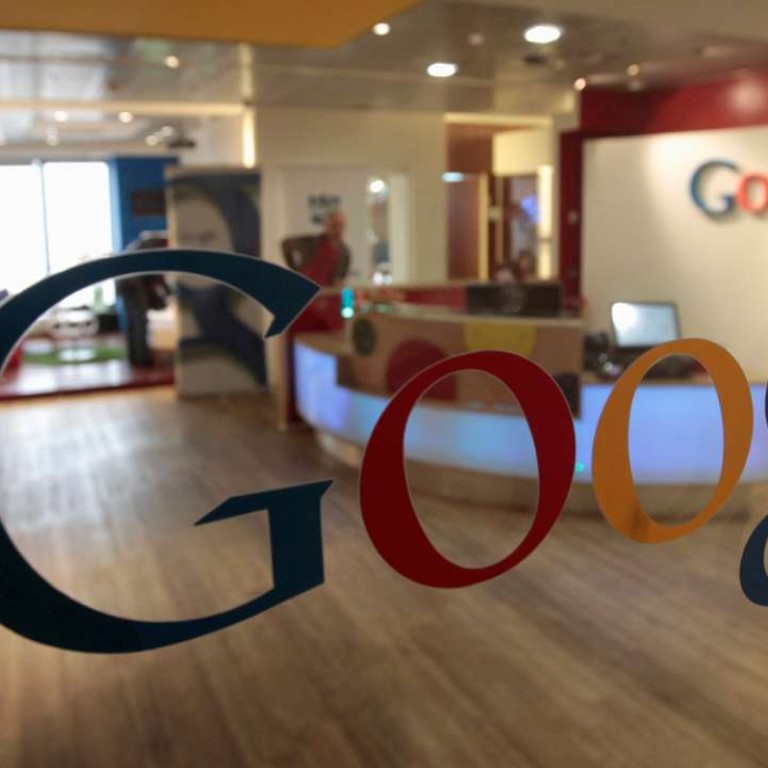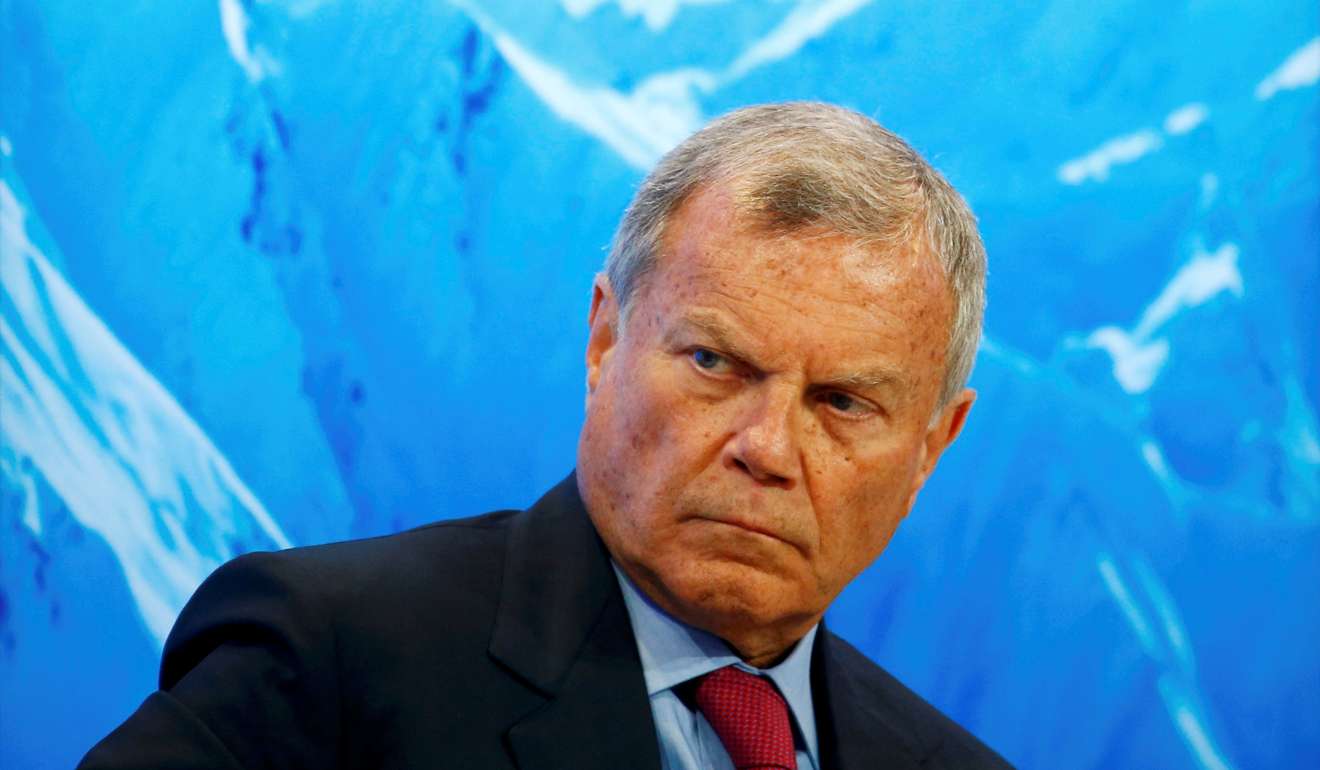
Come on Google, Facebook, it’s time to start paying for content
‘This powerful duopoly has no need to pay for what it is getting in abundance for nothing but let’s see how this develops’
As Spiderman has so sagaciously reminded us – “with great power, comes great responsibility”, except, apparently if you run Google and Facebook, which together account for a staggering half of worldwide digital advertising revenues yet claim to have no responsibility for what appears on their platforms.
Both organisations have stoutly maintained that they are tech companies, implying that somehow the question of responsibility for content lies elsewhere. That claim is being challenged in a way that hurts, by their advertisers, including very big names such as HSBC, L’Oreal and the UK government, who say that as long as their ads are vulnerable to appearing alongside unacceptable content they will be deploying their advertising budgets elsewhere. The British supermarket chain J. Sainsbury is among them after seeing its ads placed alongside videos advocating terrorism.

Sir Martin Sorrell, Chief Executive of WPP, one of the world’s biggest advertising companies, got it right in saying that “Google and Facebook and other media corporations have the same responsibilities as any other media company. They cannot masquerade as technology companies, particularly when they place advertisements”.
At the time of writing Google has moved to assure advertisers that they will have some say over where their advertisements appear however Facebook has yet to comment.
Not only are companies like Google and Facebook providing a platform but they are also, in reality, the world’s largest media companies
The big issue, as highlighted by Sir Martin, remains unresolved because not only are companies like Google and Facebook providing a platform but they are also, in reality, the world’s largest media companies. However they want a free ride not only on policies governing their main source of income, which is advertising, but also on the provision of content, large amounts of which is derived from the so-called traditional media that continue to pay the cost of creating this content.
In fact things are even worse for most of the print media, which has been avidly embracing the digital revolution only to discover that income from advertising on their own sites is very disappointing and depressed by the increasing use of ad blockers, much loved by users who get annoyed by ads popping up when they are intent on perusing content.
A rearguard action has been launched by traditional media companies, such as Axel Springer in Germany and Trinity Mirror in Britain, who are using various methods to get their online readers to reject ad blockers by reminding them that someone has to pay for the content they are consuming.
Meanwhile returns on digital advertising are unimpressive for traditional media companies and revenues for conventional newspaper, television and radio advertising are in seemingly unstoppable decline.
Ironically the effectiveness of traditional media advertising was always hard to measure; who knew, for example, how many people actually paid attention to a 30 second TV spot? The big digital companies claimed that not only could they reach a bigger audience but with their clever metrics they could deliver an accurate account of who was being reached and how. Now the accuracy of this data has also come into question and the likes of Google have been forced to admit that there may be a problem.
The worm therefore does seem to be turning and there are increasing signs that the digital free ride cannot go on forever. However the bigger crisis looms because it is inconceivable that providers of quality content can indefinitely continue to do so without adequate remuneration anymore than restaurants can be expected to provide free food to customers simply on the basis that they are hungry and need to eat.
Attempts at getting consumers to pay for content have met with decidedly mixed results although we know that some of forms of content, such as gaming and music, have a successful revenue model, albeit far from perfect. Elsewhere, despite brave talk, there are few indications that the majority of content suppliers have actually managed to crack this problem.
Now that Google and Facebook are coming to realise that their free ride is facing significant challenges, is it so unreasonable to assume that these challenges will also come from the content providers who do so much to enrich their platforms and might expect to be paid for so doing?
As matters stand this is a bit of stretch because this powerful duopoly has no need to pay for what it is getting in abundance for nothing but let’s see how this develops. We need to keep in mind that in terms of media history the internet is not much more than a blink of the eye, okay, it’s a pretty big blink but the lasting terms of engagement are yet to be resolved.
Some of us may even carry on buying newspapers and many of us have already rediscovered the joy of the printed word in books so who really knows where all this will end up?
Stephen Vines runs companies in the food sector and moonlights as a journalist and a broadcaster

